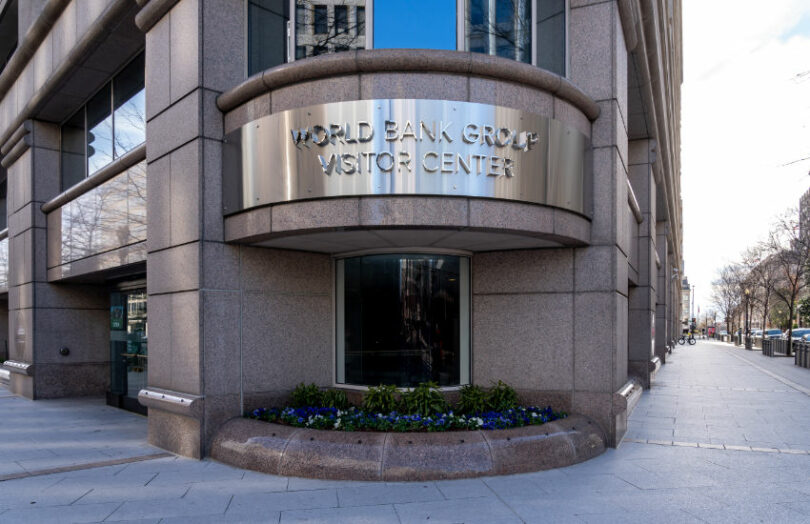The World Bank Group’s ITS Technology and Innovation lab (ITSTI) recently published a report exploring interoperability between central bank digital currency (CBDC) systems and faster payment systems. While the most obvious application would be the sender using a retail CBDC and the recipient using a bank account (or vice versa), that was only one scenario considered.
It also explored a wholesale CBDC (wCBDC) for interbank settlement of a faster payment system. Remember that faster payment systems involve two steps – payment by the end user and settlement between banks. With a wCBDC, the core functioning of the faster payment system is unchanged. It describes the primary benefit of a wCBDC for interbank settlement as 24/7 availability. However, it still assumes net settlement.
We’d observe this would reduce counterparty risk overnight and on weekends. However, in order for the wCBDC system to function outside of RTGS operating hours, banks would have to set aside an extra balance in the wCBDC. If the wCBDC earns interest in exactly the same manner as a reserve account, then banks might be comfortable sweeping a chunk of money into wCBDC just before the end of the RTGS business day. Otherwise, banks might prefer the current settlement method.
Mixed retail CBDC payments
The paper also explored the primary use case of retail payments where one party uses a retail CBDC and the other a faster payment system (FPS). If the payment service provider (PSP) is a member of both the FPS and CBDC system, then it can support the interoperability itself by transacting on both systems. However, the World Bank imagines there will usually need to be a bridge provider connecting the two systems, which may often be the central bank because it is a trusted third party.
The primary purpose of the paper was to share the technical approach the World Bank adopted in its experiments.
In related news, the World Bank’s treasury department was recently involved in a wholesale CBDC transaction when it issued a bond on the SIX Digital Exchange (SDX), settled with the Swiss National Bank’s (SNB) wCBDC. It was a real transaction as part of the SNB’s pilot, which was recently extended for two years.






